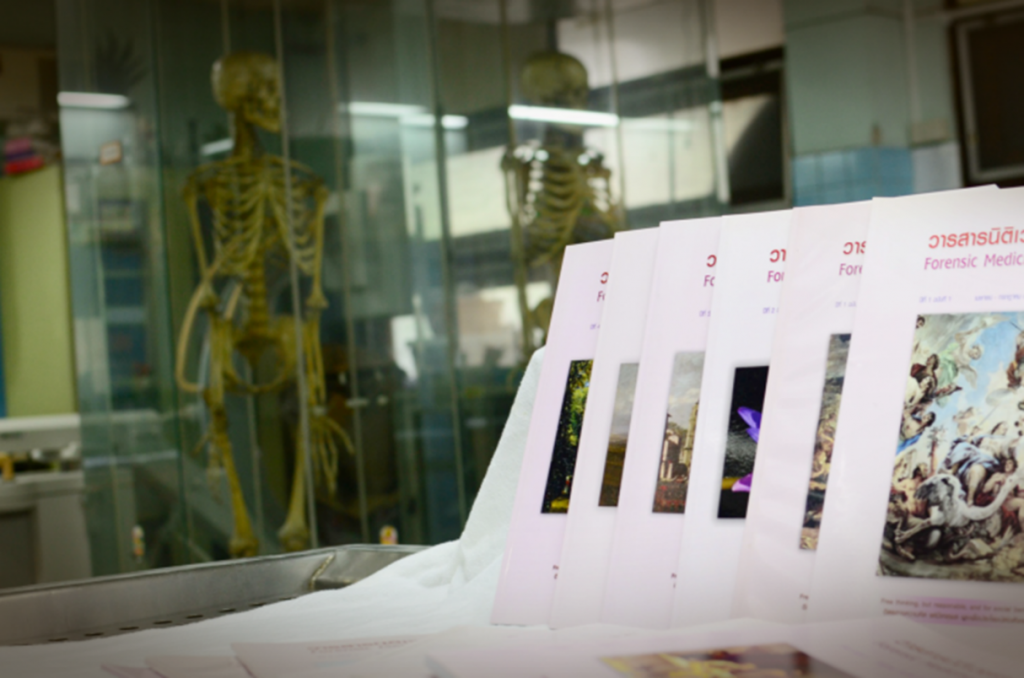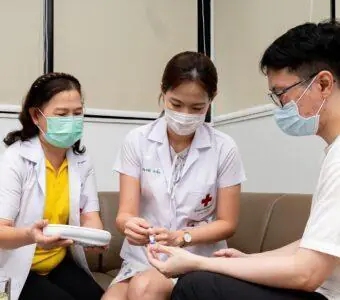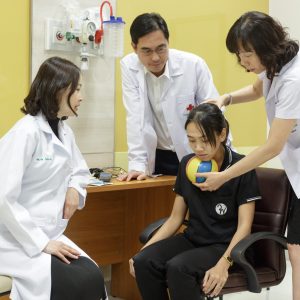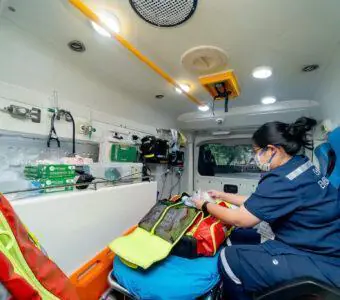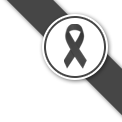The Department of Forensic Medicine, Faculty of Medicine, Chulalongkorn University, was established by Prof. Pol. Col. Thawan Assanasen, M.D. in 1965 from the forensic medicine unit under the Department of Pathology. Autopsy services for legal cases were operated at the Pathology Building, while the services for patients with legal cases were operated in the hallway of Chakrapong Building.
In 1967, the unit was offered a promotion to the Department of Forensic Medicine. Later, on 16th April 1968, a Chulalongkorn University Regulation was announced to include the Department of Forensic Medicine into the Faculty of Medicine, Chulalongkorn University. The office was located at the Forensic Medicine Building, Chulalongkorn Hospital.
The department’s first forensic medicine textbook was issued by Prof. Pol. Col. Thawan Assanasen, M.D. in 1976.
In 1983, the Forensic Medicine residency training program for the advanced diploma in proficiency in Forensic Medicine, Thai Medical Council, was launched. The first participant joined this program in 1985.
In 1988, a graduate diploma program of Clinical Sciences in Forensic Medicine was launched.
In 1994, the department published a Forensic Medicine textbook. It was prepared by professors in the department with Asst. Prof. Man Ingkatanuwat, M.D. and Asst. Prof. Udomsak Hoonwijit, M.D. as editor.
In 2000, the department was in charge of forensic medicine services in the area of Metropolitan Police Division 5 and expressway.
In 2007, The Forensic Medicine Journal, Volume 1, Issue 1, April – July 2007, was published.
In 2011, The Department of Forensic Medicine, Chulalongkorn University, became a member of Asian Forensic Sciences Network (AFSN).
In 2011, A Master of Science Program of Clinical Sciences in Forensic Medicine was launched.
In 2011, Prof. Dr. Bruce Budowle was granted the honor to be visiting professor and collaborated in forensic genetics research classes.
In 2013, research on Sudden Unexplained Death autopsy was conducted with the University of Tokyo.
In 2018, in collaboration with Dr. Robert Mann, the expert in forensic anthropology, the department organized short-term training programs and postdoctoral research courses.
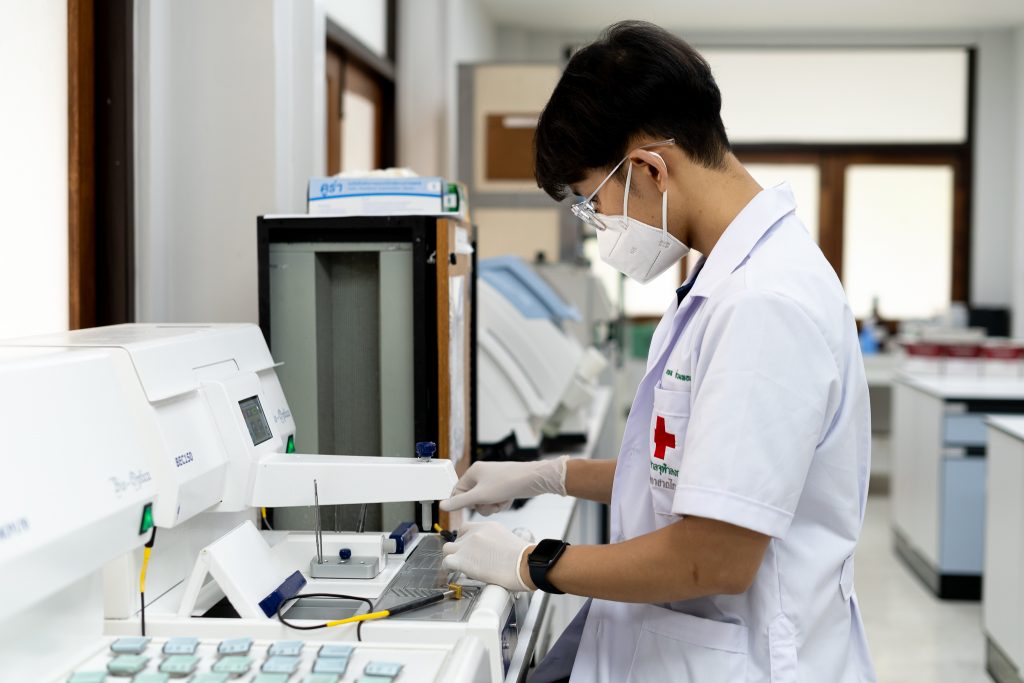
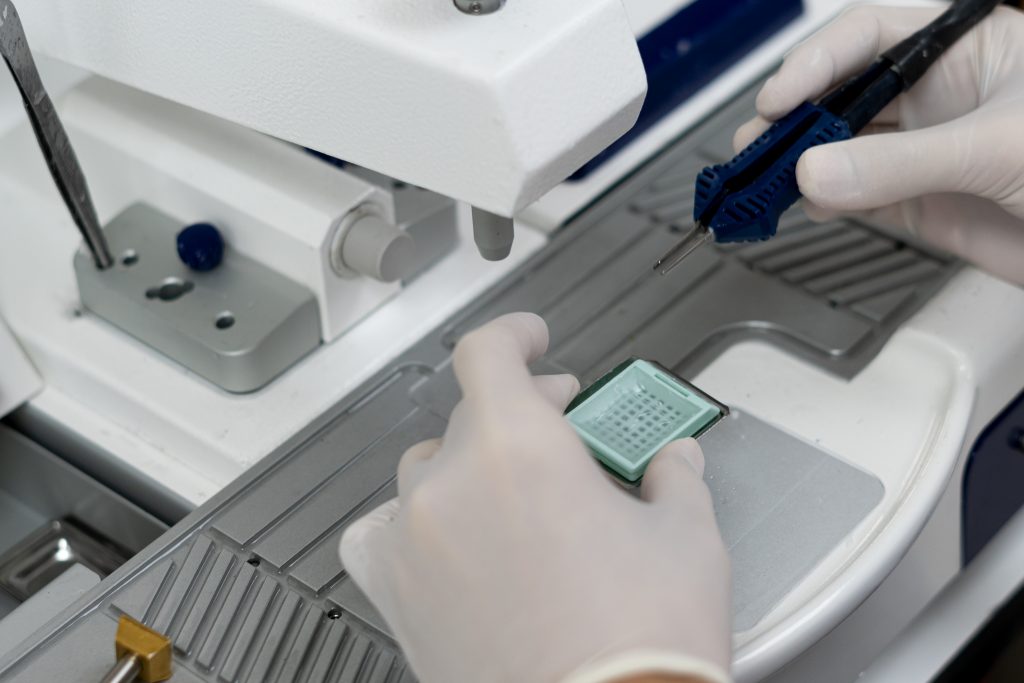
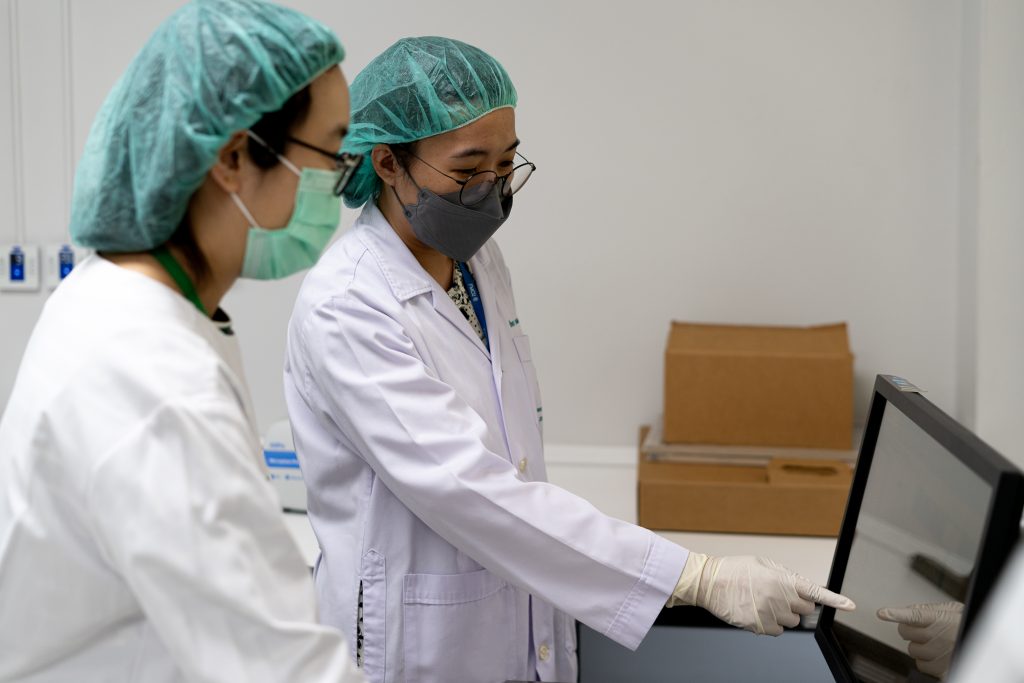
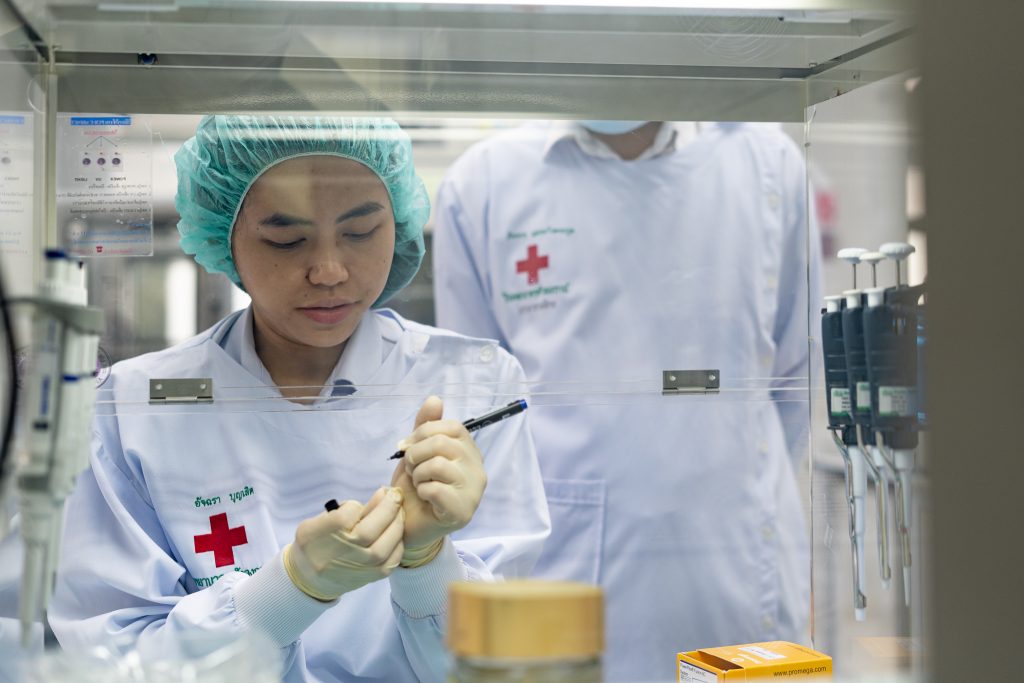
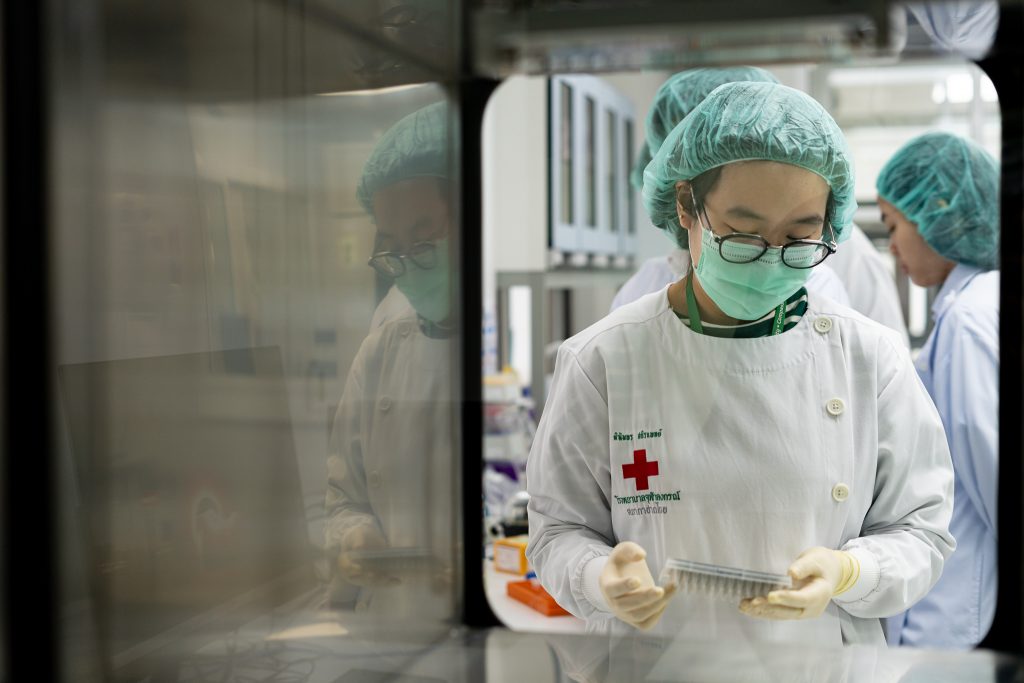
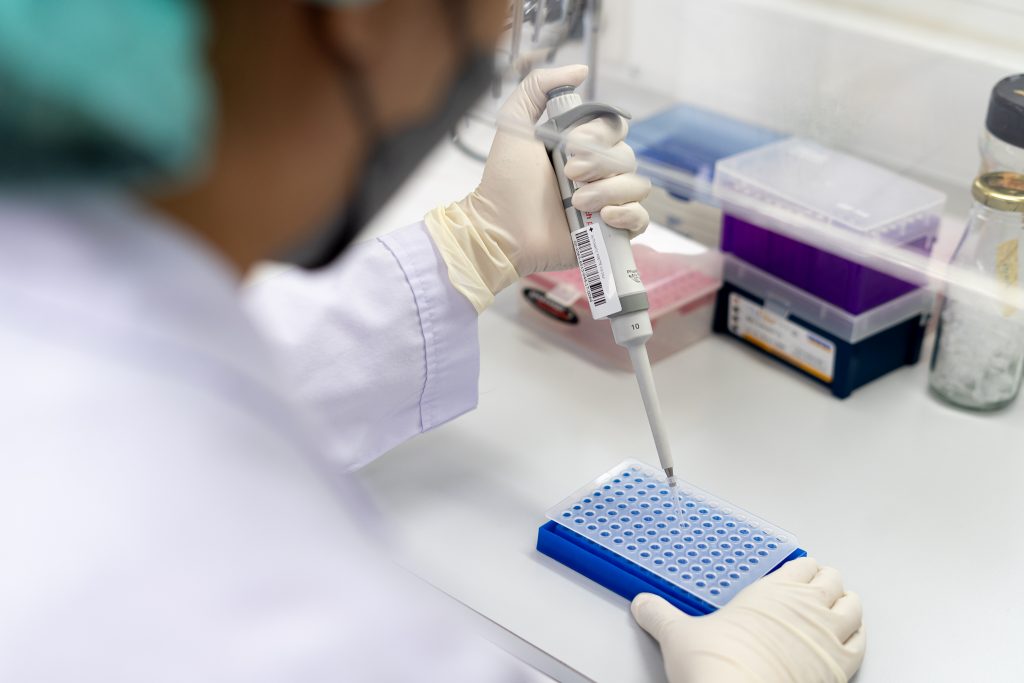
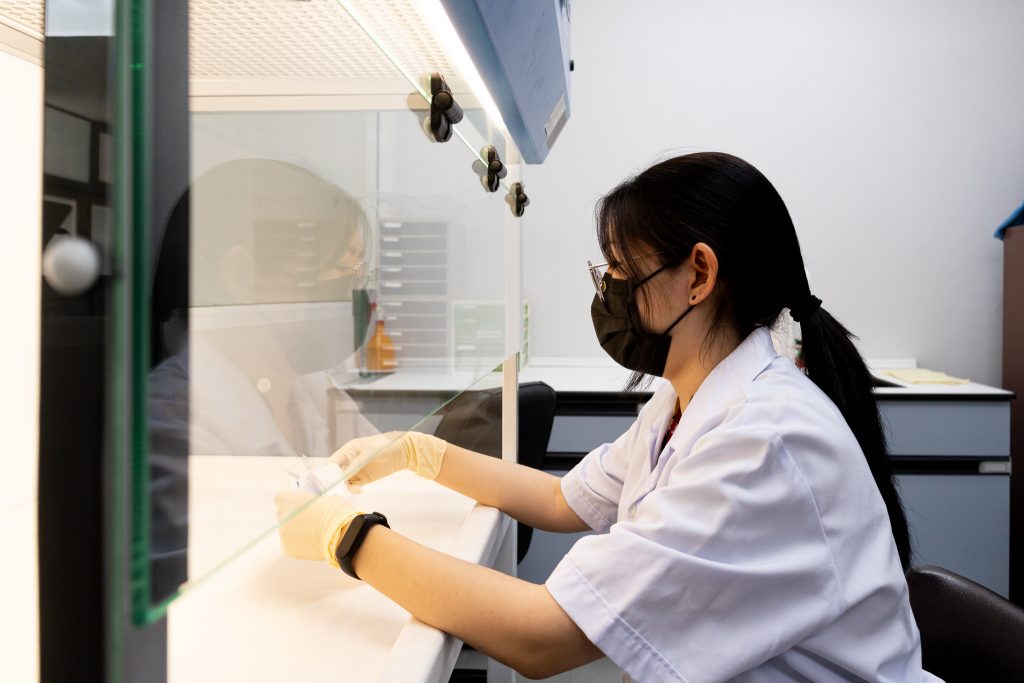
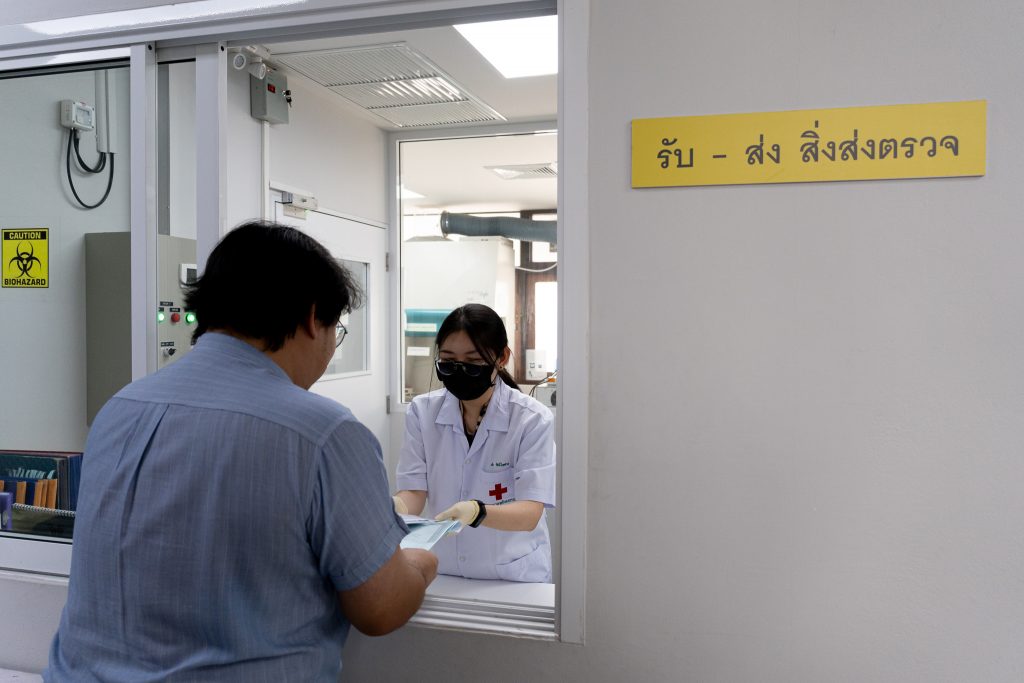
Obligations
- To be a leading academic institute in forensic medicine and services.
- Promote development of forensic medical services towards the internationally accepted standards.
- Produce high-quality research and innovations for the benefit of society.
- Produce personnel in forensic medicine and forensic sciences of excellent quality and ethical standards.
Vision
Chulalongkorn Forensic Medicine will lead the path of internationalization.
Structure or Sections of the Department/Center
The Department of Forensic Medicine is divided into 3 sections and 12 units.
1. Service section, which includes;
- The Chulalongkorn forensic medicine Center.
- A Clinical forensic medicine unit.
- A Forensic serology and DNA unit.
- A Forensic pathology unit.
- A Forensic radiology unit.
- A Forensic toxicology unit.
2. Academic and research section, which includes;
- A Bachelor’s and Master’s education unit.
- A Research unit.
- An Audio-visual unit.
3. Administration section, which includes;
- The Faculty department administration unit.
- The Department administration unit.
- A Quality assurance and improvement unit.
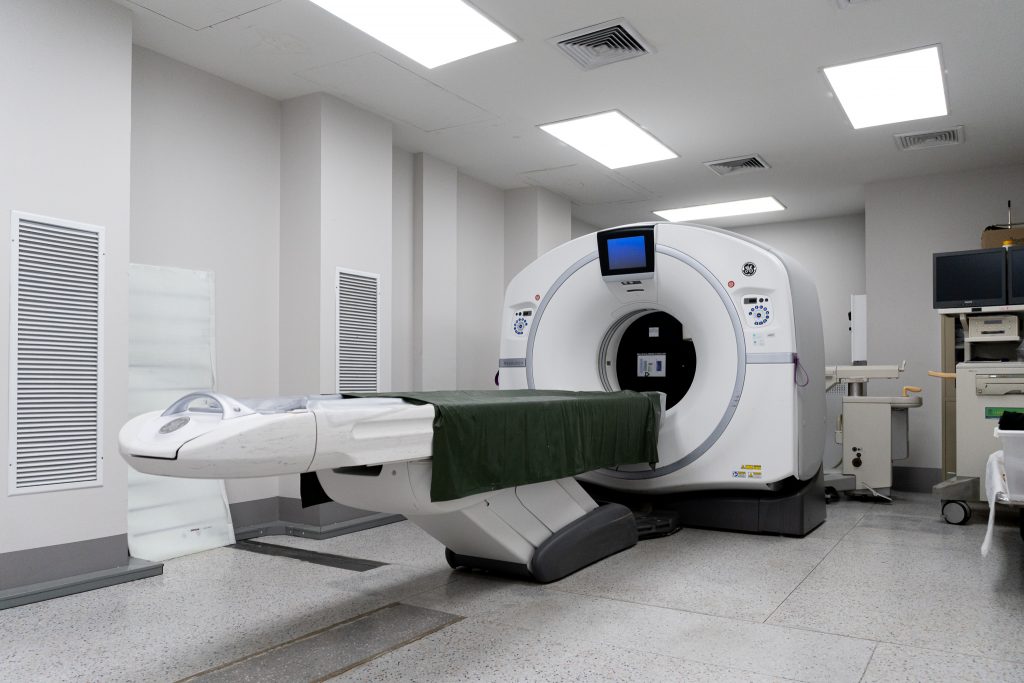
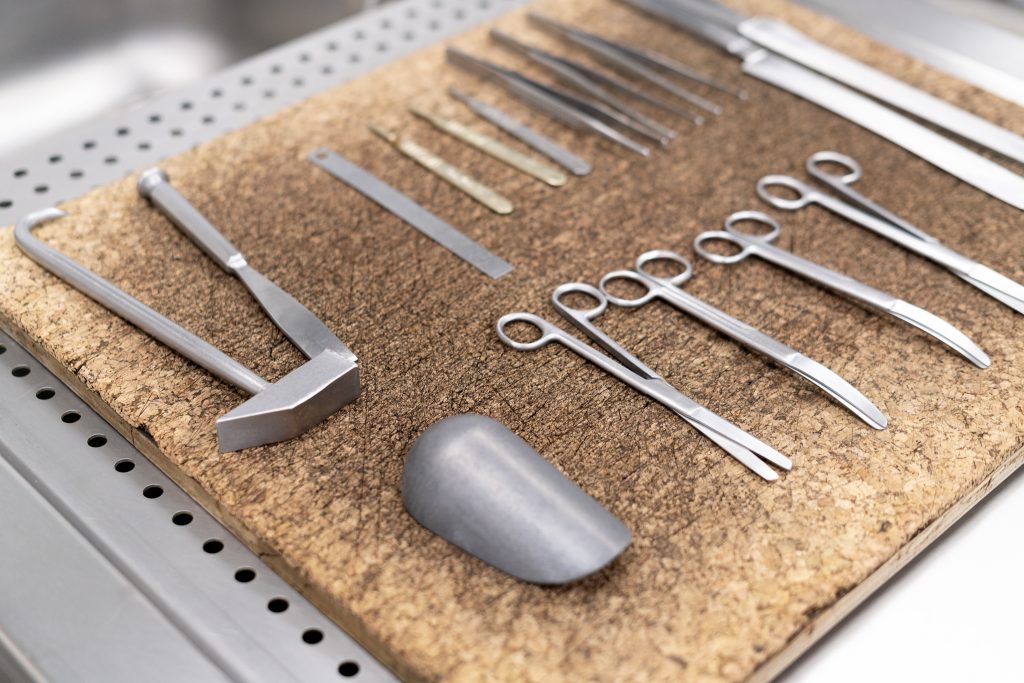
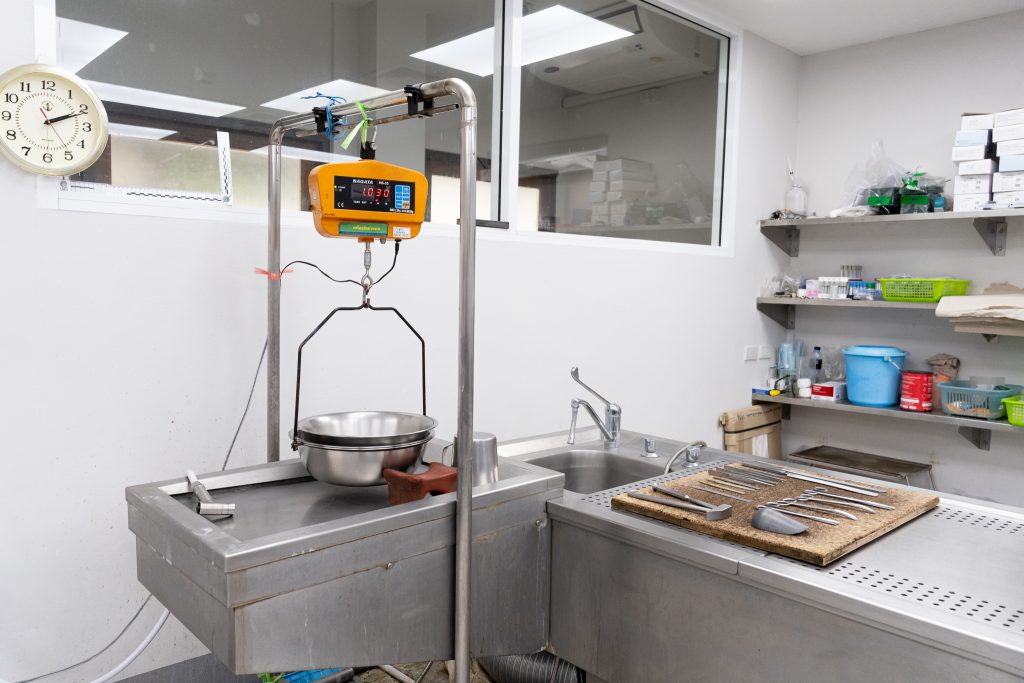
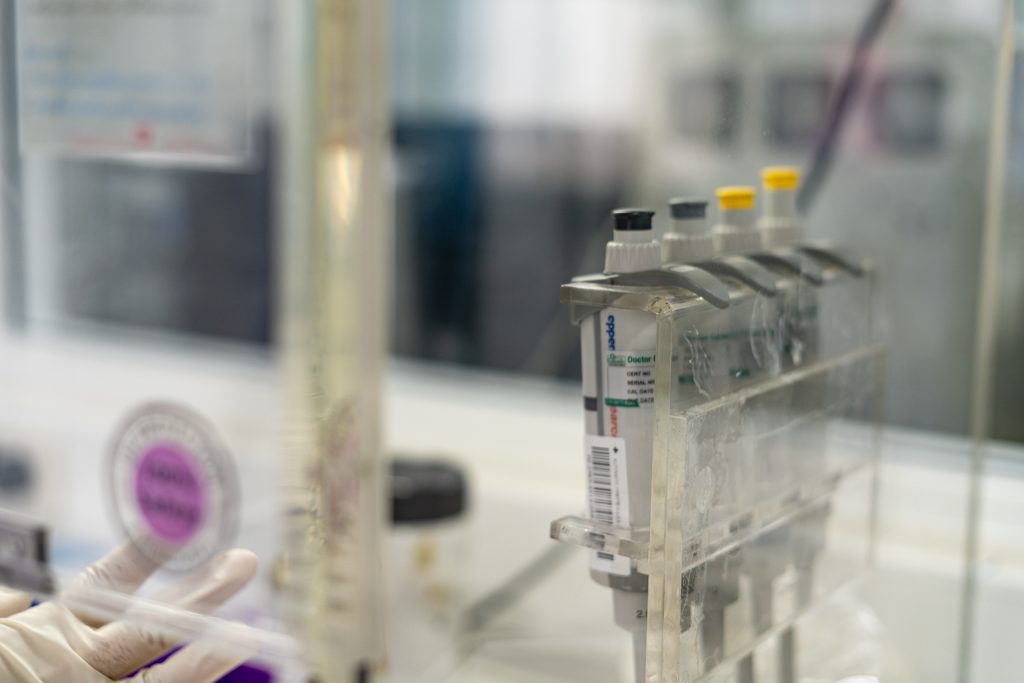
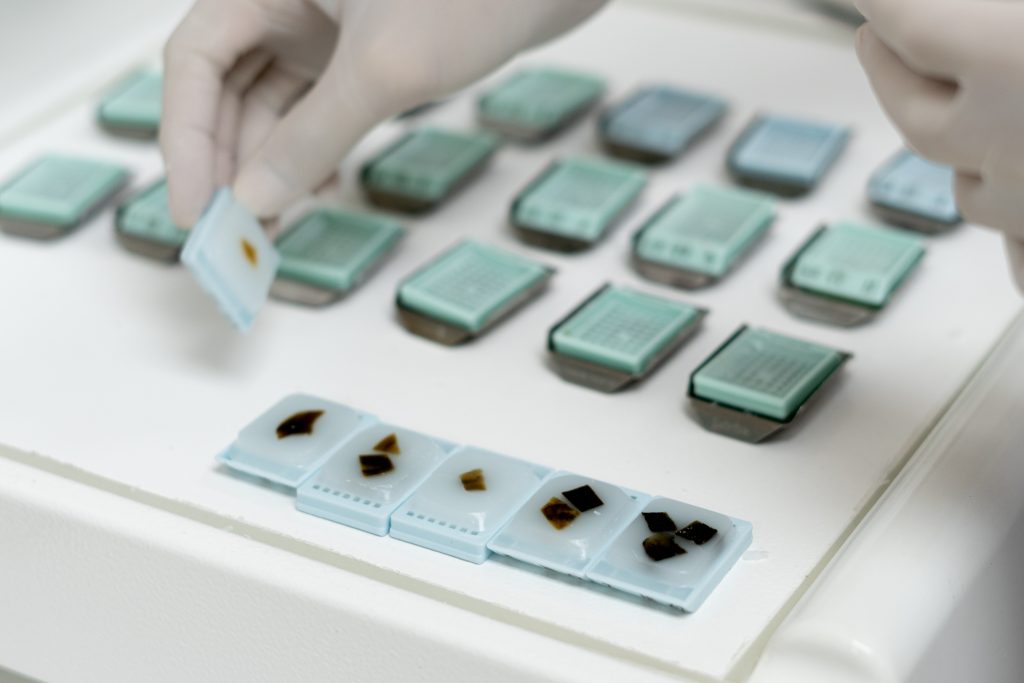
Support Activities
- The Autopsy Services Center Unit under the Department of Forensic Medicine provides death scene post-mortem examination, autopsy, embalming, and physical evidence services.
- Provide forensic clinical services for patients who are involved in legal cases and issue medical certificates for them.
- Provide forensic serology and DNA test, biological test to determine parent-child and kinship relationship as well as sexual assault forensic examination services.
- Provide forensic toxicology services; medication, toxin, and narcotics analysis services through its Forensic Toxicology Unit.
- Provide other services. Contact relevant operational units for specific service details.

